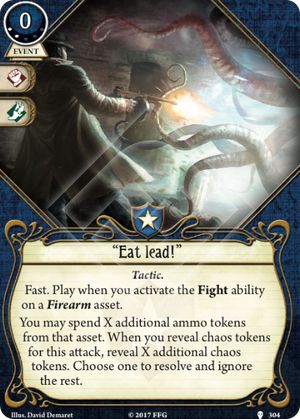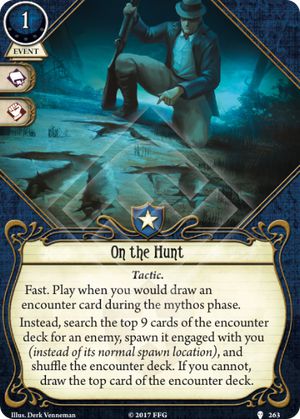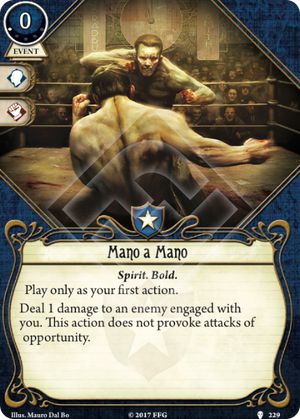
Tried it and I found myself in a very simple, predictable even situation.
The situation where I wished I'dd just slotted Unexpected Courage rather then this far more limited wannabe that outright fails to be useful for pretty much every test where flexible icons are useful.
The only time this card proved itself better then Unexpected Courage was during a Cheap Shot action where we realized that we double tapped the icons, and we're not even sure that was a legal move and even then, much too specific to be routinely useful.
EDIT:
My opinion about this card hasn't changed, but I've started to find a use for it: When you want a deck with a lot of skills to use with True Survivor, this isn't a bad option to slot and recurse, even if it's just to throw the card away on a Wendy Adams re-roll. Also it's relatively useful in Agnes Baker decks as a tertiary source of boosts or to punch a Swarm of Rats in the first few scenarios.
EDIT: EDIT:
Lots of cards out since this released, it's binder fodder, never taking it again, not even for the folks who LOVE skill cards. Somebody is going to have to have "Not without a fight!" printed in their deckbuilding rules for it to show up in a deck of mine.



